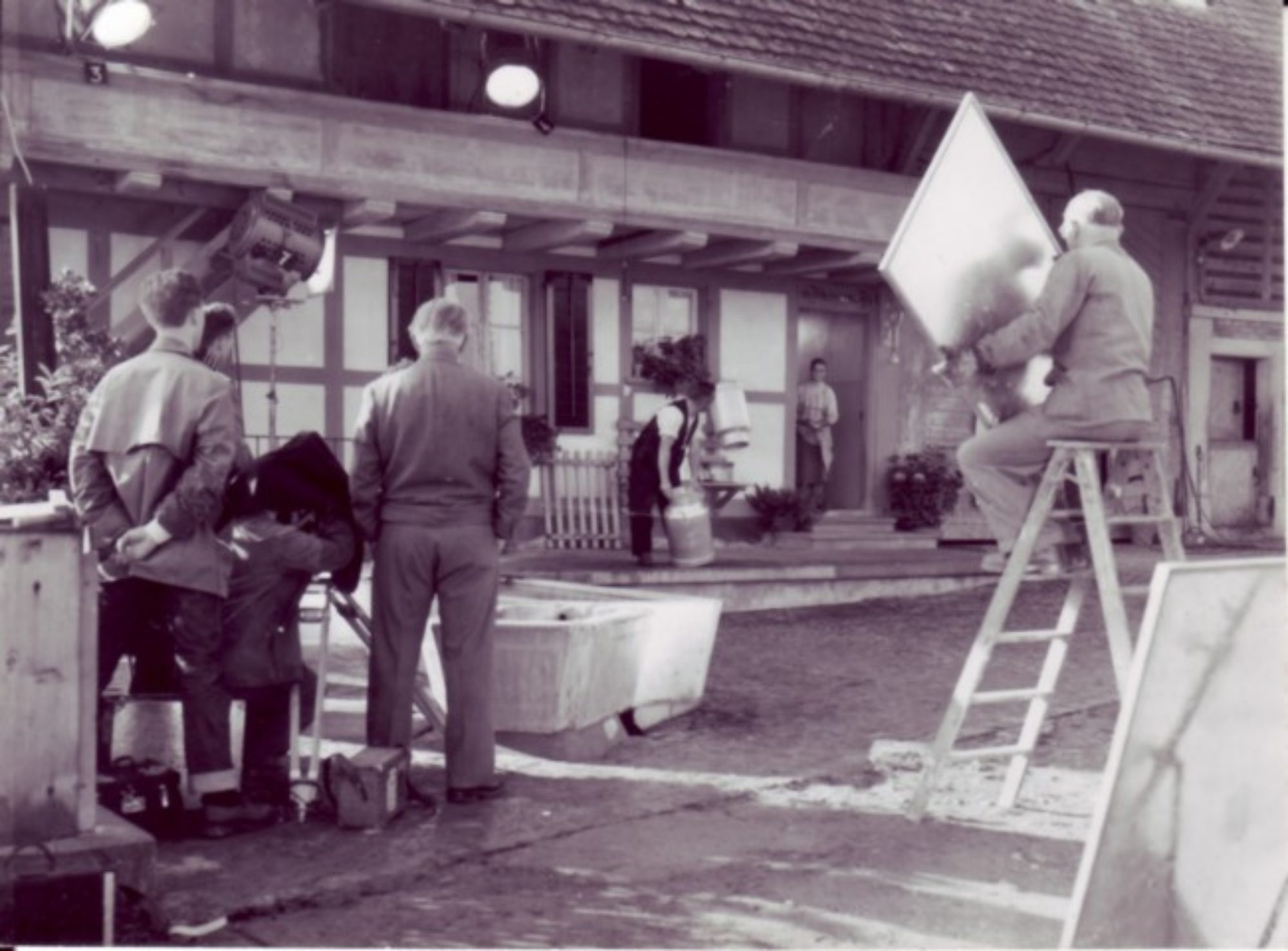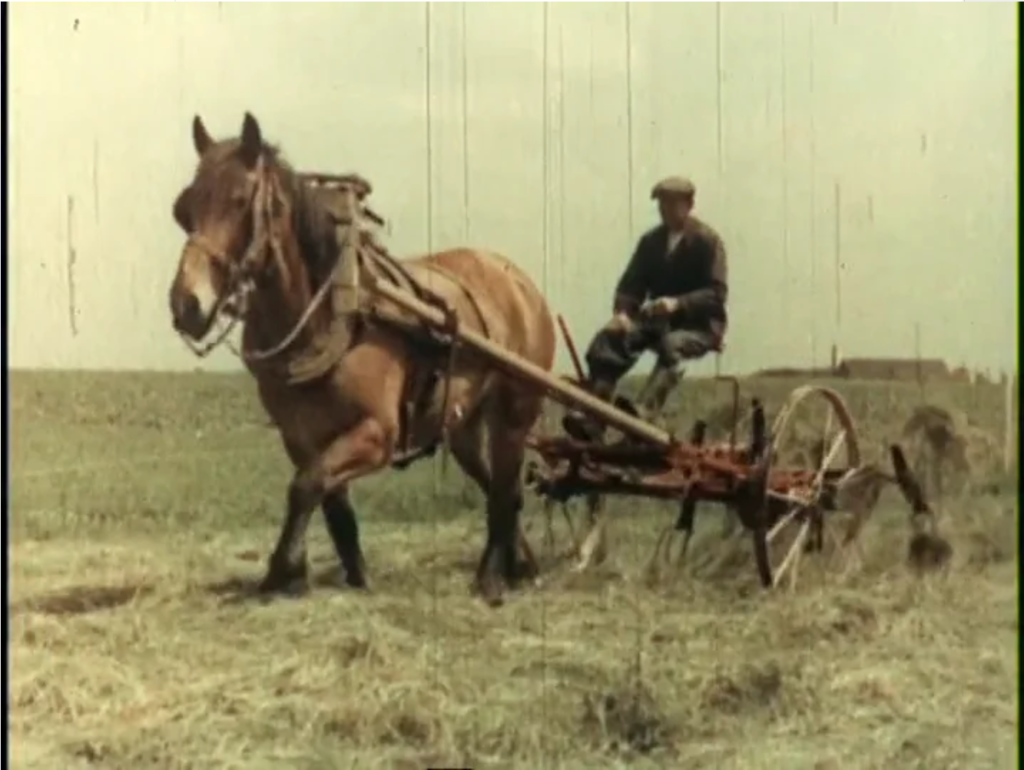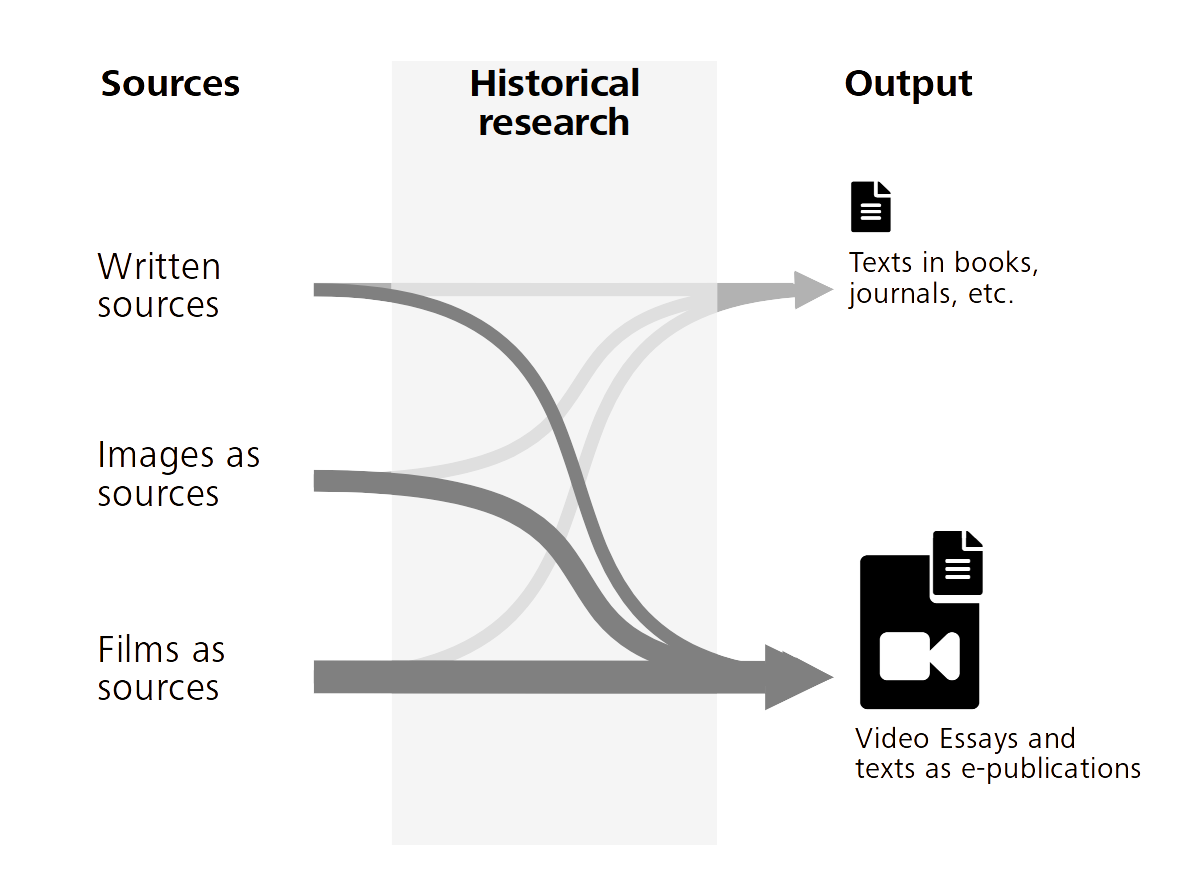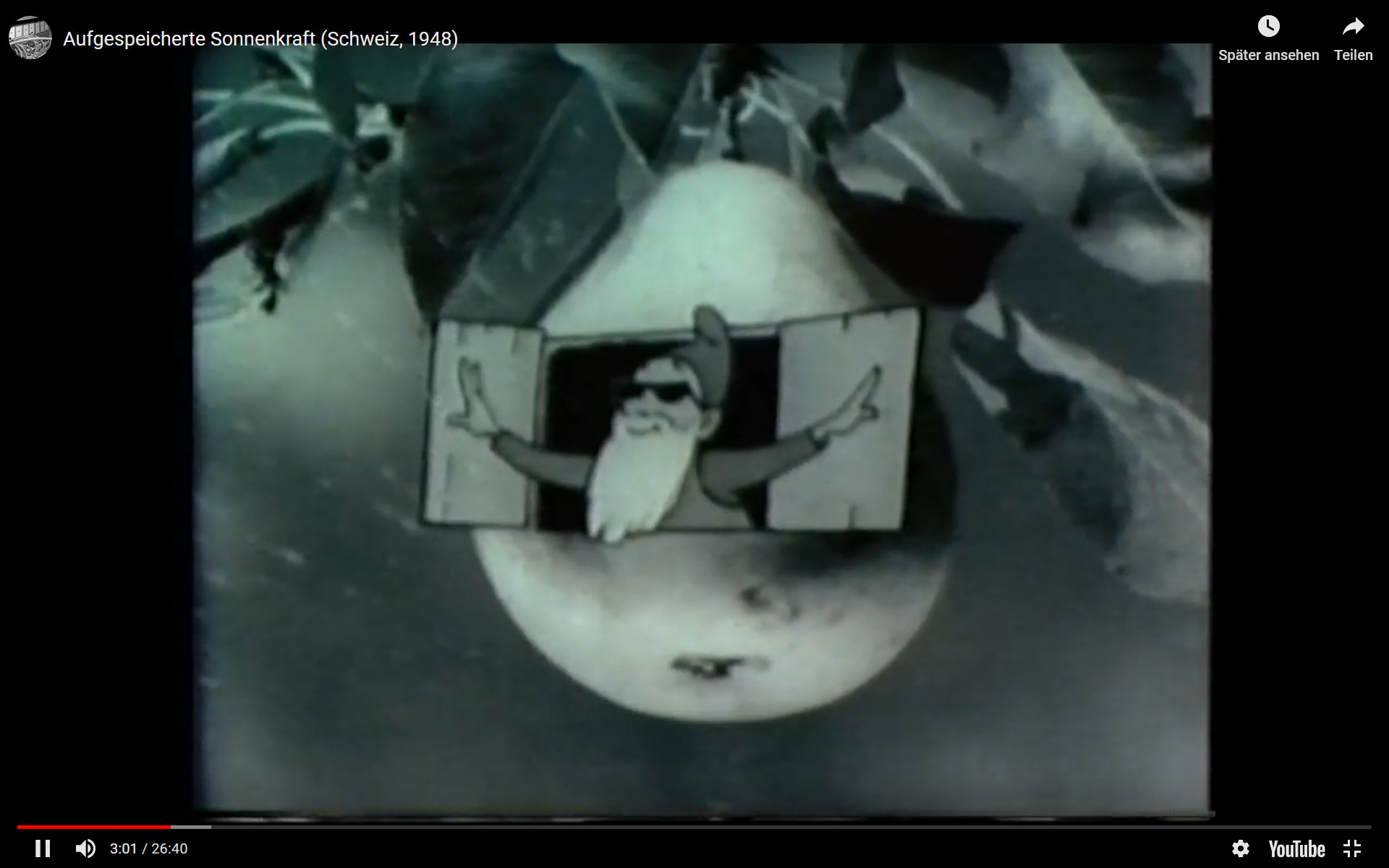European Rural History Film Association
The European Rural History Film Association (ERHFA) is a non-profit organisation. It promotes the documentation, conservation and study of all aspects concerning films on rural history. Together with the Archives of Rural History (ARH), the ERHFA maintains the European Rural History Film Database, an Online Portal and publishes the series Video Essays in Rural History. Members of the Association are archival and scientific institutions. The officers and members of the Management Committee are, together with the members of the Technical Commission, responsible for the implementation of the aims specified in the constitution of the ERHFA.


Film Database
Online Portal
The ARH-ERHFA-Online-Portal contains a selection of the films (works) which are catalogued in the Database. Institutions that hold digitised film material can make it accessible to the public via the Online Portal by joining the European Rural History Film Association as a member.

Video Essays
History is on everyone’s lips. Museums, commemorative events and autobiographies are more popular than ever. But historical findings deriving from scientific research hardly find their way into the media and contemporary political debates anymore. And historians who do take part in public debates are often reduced to their status as “experts of the past”. While the reasons for these developments are complex, they are obviously also due to the fact that texts have lost a lot of their importance as forms of communication at the expense of images, especially moving images. When films become a dominant form of communication in the daily life of most people, historians cannot ignore the medium any longer when it comes to the communication of their insights.

